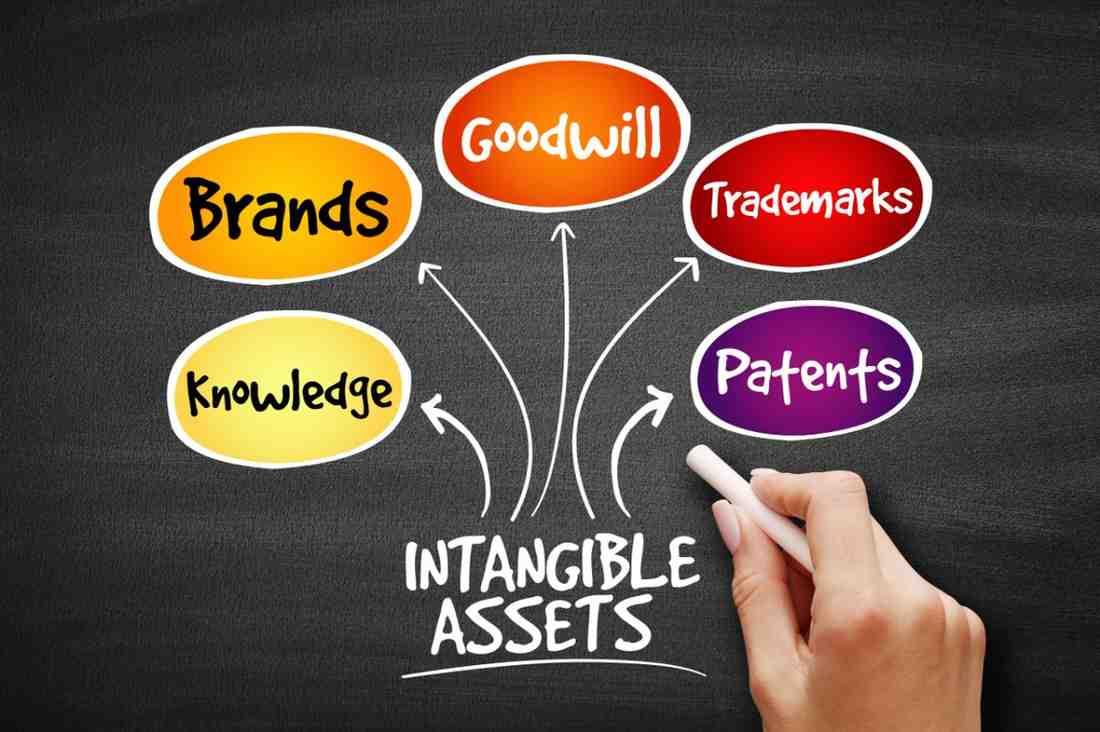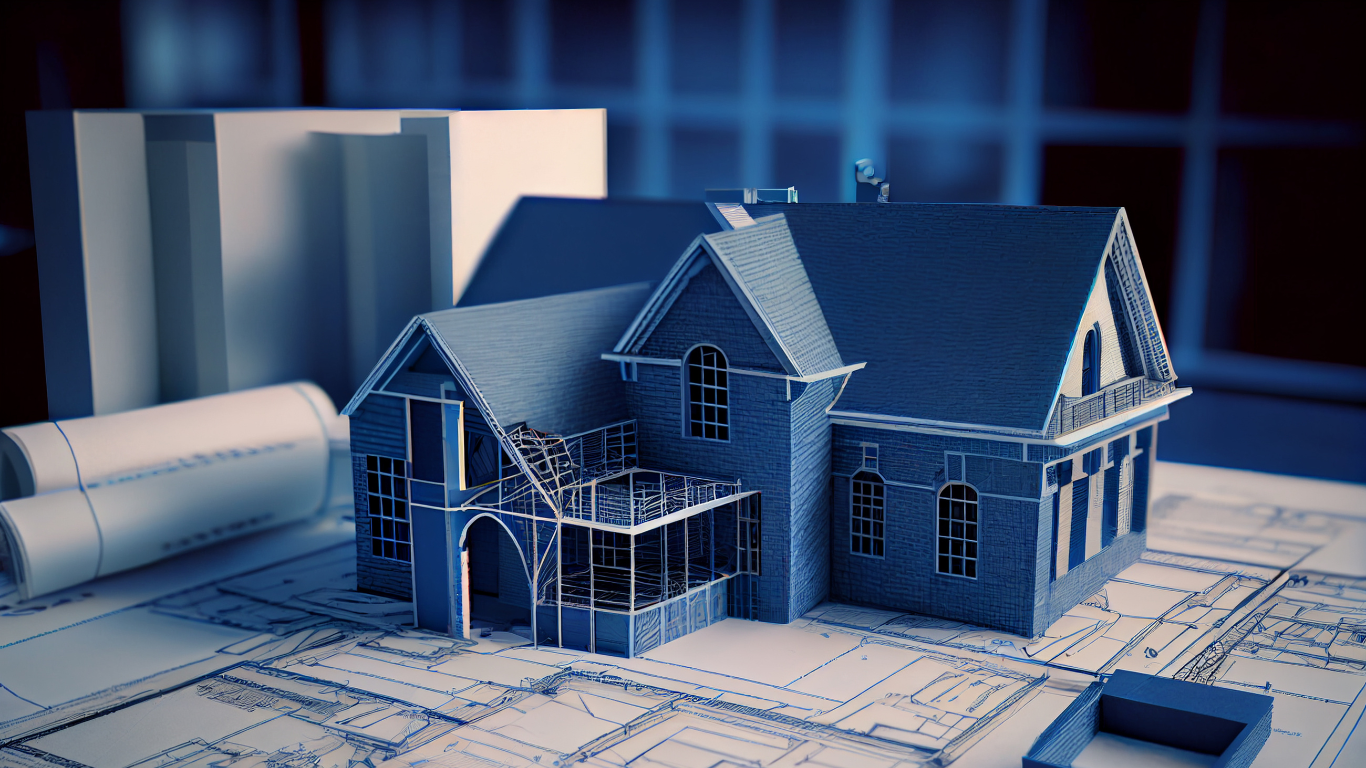Each investment vehicle has its own set of advantages and drawbacks, making it crucial to understand the nuances before making a decision.

Investment decisions are pivotal in shaping one's financial future. Two prominent options that often come up are real estate and mutual funds. While real estate involves purchasing property, mutual funds pool money from many investors to buy a diversified portfolio of stocks, bonds, or other securities. Both have their unique benefits and risks, and the right choice depends on individual financial goals, risk tolerance, and investment horizons.
1. Capital Requirement
Real Estate: Investing in real estate typically requires a substantial amount of capital upfront. This includes down payments, closing costs, and potential renovation expenses.
Mutual Funds: Mutual funds are more accessible, allowing investors to start with a smaller amount of money. Some funds even allow investments as low as 40000 or less.
2. Liquidity
Real Estate: Real estate is generally considered an illiquid asset. Selling property can take months and involves significant transaction costs.
Mutual Funds: Mutual funds offer high liquidity. Investors can buy or sell shares quickly, usually within a business day, making it easier to access their money when needed.
3. Risk and Volatility
Real Estate: The real estate market can be volatile, influenced by economic conditions, interest rates, and local market trends. However, it often provides a sense of stability through tangible assets.
Mutual Funds: Mutual funds are subject to market risks and can experience significant volatility. However, diversification within mutual funds can mitigate some of these risks.
4. Diversification
Real Estate: Investing in property usually means putting a large sum into a single asset, leading to limited diversification.
Mutual Funds: Mutual funds inherently offer diversification by spreading investments across various securities, which can reduce overall risk.
5. Potential Returns
Real Estate: Real estate can offer high returns through property appreciation and rental income. However, these returns can vary widely based on location and market conditions.
Mutual Funds: Mutual funds provide returns through capital gains, interest, and dividends. Historically, well-managed mutual funds have offered competitive returns, although past performance is not indicative of future results.
6. Tax Benefits
Real Estate: Real estate investors can benefit from tax deductions on mortgage interest, property taxes, and depreciation.
Mutual Funds: Mutual funds can offer tax advantages such as tax-exempt funds or lower capital gains taxes due to long-term holdings.
7. Management and Maintenance
Real Estate: Owning property requires ongoing management and maintenance, which can be time-consuming and costly.
Mutual Funds: Mutual funds are managed by professional fund managers, eliminating the need for individual investors to manage their investments actively.
8. Inflation Hedge
Real Estate: Real estate is often considered a good hedge against inflation since property values and rents tend to rise with inflation.
Mutual Funds: Certain mutual funds, such as those investing in commodities or TIPS (Treasury Inflation-Protected Securities), can also act as a hedge against inflation.
9. Income Generation
Real Estate: Rental properties can generate a consistent income stream, making them especially appealing to retirees or those looking for passive income.
Mutual Funds: Income-focused mutual funds, such as bond or dividend funds, can also provide regular income, though typically with less predictability than rental income.
10. Market Knowledge and Expertise
Real Estate: Successful real estate investing requires significant knowledge of the market, property management, and legal considerations.
Mutual Funds: Investing in mutual funds requires less specialized knowledge, as professional managers handle the complexities of market analysis and portfolio management.
How to Decide Between Real Estate vs. Mutual Funds
Choosing between real estate and mutual funds as an investment vehicle depends on various factors. Here are some points to help you make an informed decision:
1. Financial Goals
Real Estate: If your financial goals include long-term wealth building through property appreciation and generating passive income through rentals, real estate might be a better option. Real estate can also serve as a legacy asset for future generations.
Mutual Funds: If your goals are to grow your wealth through diversified investments and potentially generate returns in the shorter to medium term, mutual funds may be more suitable. They can help you achieve specific goals like retirement savings, funding education, or building an emergency fund.
2. Risk Tolerance
Real Estate: Real estate investing can be less volatile than the stock market but involves significant risks such as property value depreciation, vacancy, and maintenance costs. It requires a higher risk tolerance due to these uncertainties.
Mutual Funds: Mutual funds can offer various levels of risk, from conservative bond funds to aggressive equity funds. Investors with lower risk tolerance might prefer mutual funds due to the availability of diversified and lower-risk options.
3. Investment Horizon
Real Estate: Real estate is typically a long-term investment. It may take several years to realize significant returns from property appreciation or rental income. If you have a long investment horizon, real estate could be beneficial.
Mutual Funds: Mutual funds can be suitable for both short-term and long-term goals. They offer liquidity, allowing you to adjust your investment based on changing financial needs and market conditions.
4. Capital Availability
Real Estate: Real estate requires a substantial initial investment, including down payment, closing costs, and potential renovation expenses. Ensure you have enough capital or access to financing options before considering real estate.
Mutual Funds: Mutual funds require less capital upfront. You can start investing with smaller amounts, making them accessible to a wider range of investors. This flexibility can be advantageous if you have limited capital.
5. Management Time and Effort
Real Estate: Managing real estate can be time-consuming, involving property maintenance, tenant management, and dealing with legal issues. Consider whether you have the time or the willingness to manage these aspects, or if you are prepared to hire property management services.
Mutual Funds: Mutual funds are managed by professional fund managers, requiring minimal effort from investors. If you prefer a hands-off investment approach, mutual funds might be more suitable.
6. Market Knowledge
Real Estate: Successful real estate investing requires a deep understanding of the local market, property values, and rental trends. It’s essential to have or develop expertise in these areas to make informed decisions.
Mutual Funds: Investing in mutual funds requires less specialized knowledge as professional managers handle the complexities. Basic knowledge of financial markets and understanding fund performance can help you make informed choices.
Conclusion
Deciding between real estate and mutual funds involves assessing your financial goals, risk tolerance, investment horizon, capital availability, willingness to manage investments, and market knowledge. Real estate can offer substantial long-term returns and passive income but requires significant capital and active management. Mutual funds provide diversified, professionally managed investments with lower entry costs and greater liquidity. Ultimately, the best choice depends on your individual financial situation and investment preferences.
FAQs
Which investment is better for beginners?
Mutual funds are generally better for beginners due to their lower capital requirements, diversification, and professional management.
Can I invest in both real estate and mutual funds?
Yes, diversifying your investments across both asset classes can provide a balanced portfolio and mitigate risks.
How do real estate and mutual funds compare in terms of tax benefits?
Real estate offers tax benefits like mortgage interest deductions, while mutual funds can provide tax-efficient options such as tax-exempt funds.
Which investment has a higher potential return?
Both can offer high returns, but real estate returns can vary more widely based on location and market conditions, while mutual funds offer more consistent returns over time.
What are the risks associated with each investment?
Real estate risks include market volatility and property management costs. Mutual fund risks include market fluctuations and management fees.
How does inflation impact real estate and mutual funds?
Real estate often rises with inflation, acting as a hedge. Some mutual funds, like those investing in TIPS, can also protect against inflation.



































.png)
-min.png)
-min.png)
-min.png)
-min.png)






.png)









